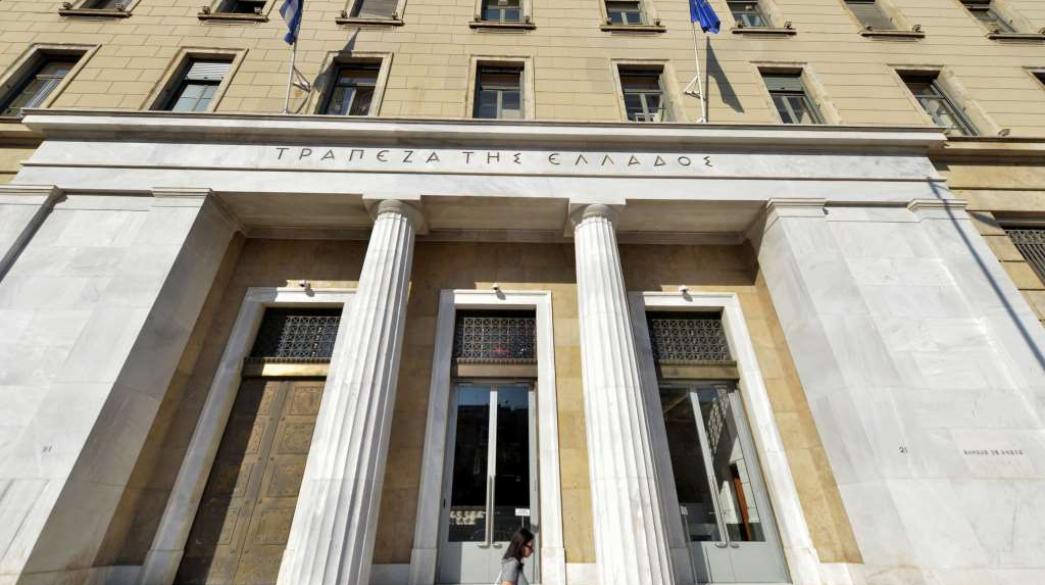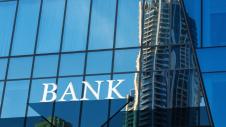A new wave of problem loans emerging from the pandemic could pose a threat to the country’s banks, according to Bank of Greece (BoG).
At the same time, the Greek central bank warns that the deteriorating economic situation of businesses and households due to the pandemic exposes banks to the risk of making large forecasts on NPLs again, as already happened in 2020, resulting in significant losses.
In the Bank of Greece’s Financial Stability Review its stops short of reiterating its forecast for new sour debt of 8-10 billion euros arising from the pandemic. It is noted that the forecasts of Greece’s four systemic banks are more optimistic and forecast new NPLs of up to 4 billion euros.
However, the fact that the previous provision has been withdrawn from BoG does not mean that there should be complacency, as the current, fairly good picture of loans returning to being serviced after being in moratoria has been assisted by government programs.
As highlighted by the central bank:
"The extensive use of government measures: the possibility of suspending the payment of loan installments (moratorium), subsidies on loan installments (Bridge I and 2 programs), as well as the suspension of debt collection enforcement, have clearly had a positive effect in supporting borrowers.
However, it is becoming clear that the phasing out of support measures will have a decisive effect on transactional behavior without ruling out the creation of a new wave of NPLs, which at this time cannot be accurately estimated.”
Additionally, credit risks are expected to increase in the near future, exposing banks to the formation of high-end provisions that will hurt their results, at a time when they need internal capital formation to deal with losses from loan securitizations.
According to the BoG, "the expected increase in the credit risk of credit institutions due to the deteriorating financial situation of companies and households will lead to the need to create increased provisions for credit risk, further limiting their ability to generate capital in the short term. Consequently, the development of a sustainable business model that will allow lenders to achieve a satisfactory level of organic profitability is one of the challenges that Greek banks are called on to face."
The pandemic has already left visible marks on Greek banks (systemic and non-systemic), as they were forced to double their credit risk provisions, resulting in a return to losses, after the small profits they had made in 2019.
In particular, according to the BoG,
"Greek banks recorded high losses in 2020 after taxes and discontinued operations amounting to 2.057 billion euros, compared with profits of 203 million euros in 2019, mainly due to the formation of increased operating provisions for credit risk.
Specifically, in 2020, forecasts were made for the credit risk totaling 5.6 billion euros, compared to 2.7 billion euros in 2019. Of this, 1 billion euros reflects the integration of the worst macroeconomic forecasts due to the pandemic in the models of banks. For the calculation of impairment losses, 1.5 billion euros is related to the sale of a large portfolio of NPLs by a major bank utilizing the Asset Protection Scheme and 3.1 billion euros are general and specific provisions for credit risk.
The above negative effect was partially offset by the increase in operating income, which is mainly due to the tripling of revenues from financial transactions and, in particular, from non-recurring profits of the Greek government bond portfolio".








